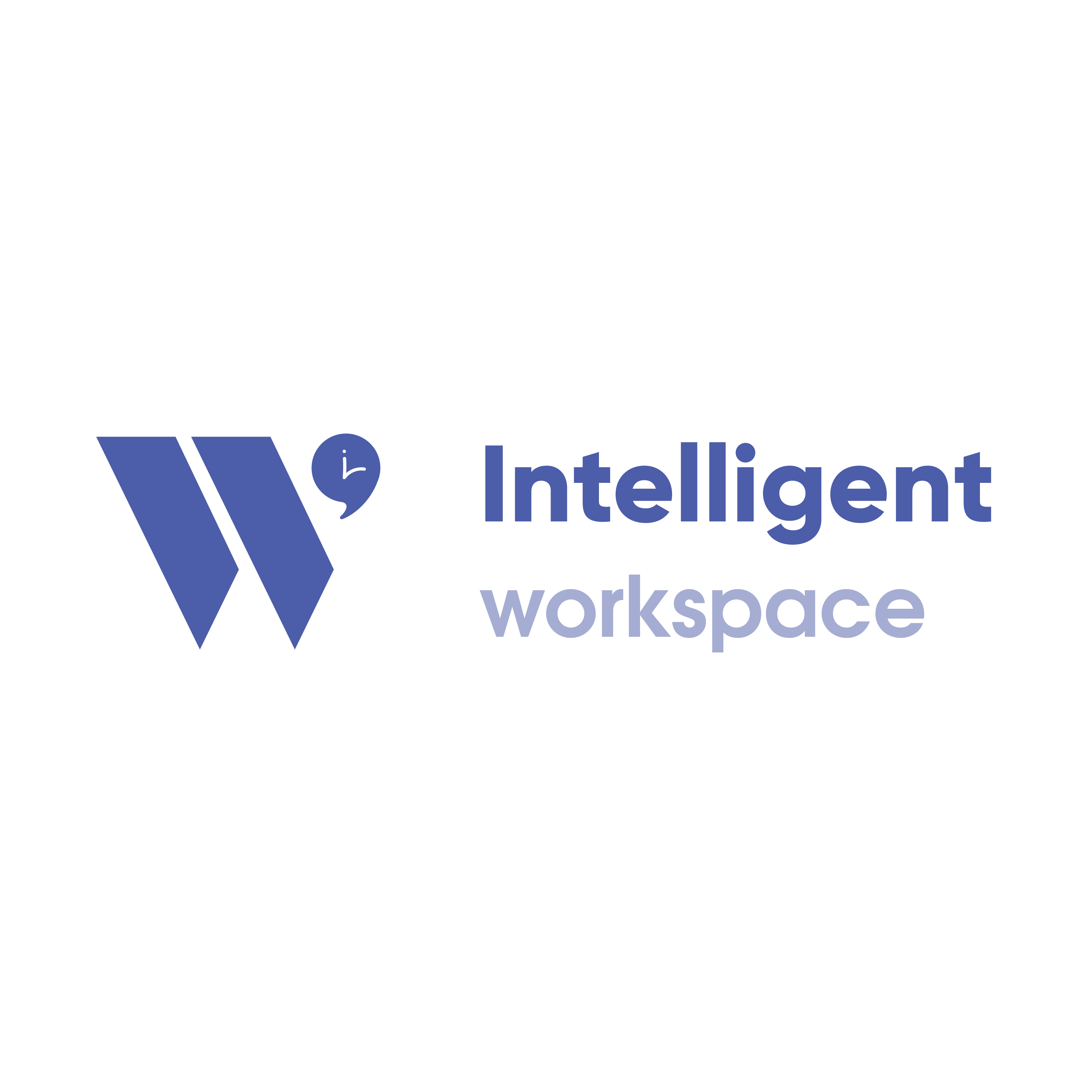Whether you’re a trainee accountant or an experienced CPA working at a strategic
level, you’re most likely aware that the tax management industry has been
undergoing dramatic changes since the COVID-19 pandemic. As a result, tax
professionals and firms face a host of challenges and are looking for ways to
address them to maintain or improve efficiency and ensure continuity.
Changing regulations, client preferences, acceleration in disruptive
technology, and the evolving multi-generation workforce – these are just the
tips of the iceberg in terms of challenges in this highly demanding and
competitive environment.
From pandemic stimuli to global tax reforms, technology changes, and changing consumer behavior, check out the top 6 challenges accounting firms are facing in the new normal and how to address them.
The Top 6 Tax Management Challenges Firms are Facing in the New Normal and How to Address Them
1. Technology Issues
Many CPAs and tax consultants have reported that technology is one of the major challenges for them in the new normal as they cannot meet client expectations with traditional software and infrastructure. As a result, many repetitive processes, such as client data extraction and tax preparation, are carried out manually. To address this issue, firms have to stay in touch with all the technology trends in their industry and adopt them as quickly as possible.
2. Changes in Consumer Behavior and Location
Consumer behavior has rapidly shifted following the lockdowns, travel bans, and
foot traffic restrictions worldwide. Modern prospects and clients are turning to
digital channels for tax filing and documentation queries. Many clients have
relocated to other parts of the country and can no longer physically visit their
tax firm for manual filing and signatures. As a result, firms are losing
hundreds of clients since they cannot accommodate them digitally.
One smart way to address this issue is by embracing an omnichannel
communication approach and employing digital channels to engage with prospects
and existing clients. For tax management, you can opt for a cloud-based practice
management software for tax professionals and cater to clients from any
location.
3. Staff Retention
It’s no secret that there are currently millions of jobs but a shortage of labor
in the market. Tax preparation is a task that requires the highest of expertise.
As a result, CPAs and tax professionals are in high demand and looking for more
lucrative opportunities, thus, making it hard for employers to hire and retain
them. There are two ways you can address this. The first way involves improving
your brand image and digital presence to attract more candidates. The second way
is to use technology to reduce or eliminate the need for hiring more employees.
For instance, AccountantWS, an advanced cloud-based practice management
platform, offers unique features like autogenerated tax workflow, self-organized
document management, and recurring automated tasks that significantly reduce the
workload and increase efficiency.
4. Security of Taxpayer Operation
With the recent surge in cyber threats and crimes, tax professionals have to
deal with more risk since they’re accountable for managing client documents,
which typically includes personal information, such as names, contact, social
security, and family information.
If this information gets compromised, it can disclose a client’s address
and bank accounts. Therefore, modern firms need to upgrade their practice
management software and employ industry-standard security solutions to minimize
the risk of data theft and financial losses.
5. Remote Work
Like many other professionals, accountants desire more flexible/remote work and would love to have a choice regarding when and where they work – remotely, in-office, or both. However, this practice brings its own set of challenges, especially for traditional firms with outdated IT infrastructures, such as data breaches, communication gaps, and the lack of proper tools to maintain and maximize productivity. The best solution to this challenge is to foster a hybrid remote work model and create a balanced work environment in which the flaws of each model are covered thoroughly.
6. Slow Transformation
As automation and digital adoption increase, CPAs and tax professionals will
have to learn to use different software and digital solutions to keep up with
modern tech-savvy consumer demands and technologies. Compared to most industries
transforming at a rapid pace, the tax management industry seems to be lagging
behind and still relying on manual processes to get their jobs done.
Clients are now accustomed to online shopping and services, so they're
looking for accounting firms that offer tax filing services. Unfortunately, most
firms have been slow to transform their processes, and as a consequence, they
lose clients.
Overcome All Tax Management Challenges by Adopting AccountantWS
Whatever challenges you or your firm are facing, now is the time to find a
solution so you can start the new year with more answers than questions. Tax
preparation services will be in huge demand, not just locally but
internationally, so you need to ensure that you're equipped with the tools and
expertise to manage every aspect of the process.
With AccountantWS, you can solve most if not all of the challenges above
with autogenerated task workflow to make time for other activities,
self-organized document management for seamless digitization, and unlimited
third-party integrations with essential software for eSignature, calendar,
accounting, and internal communication.



